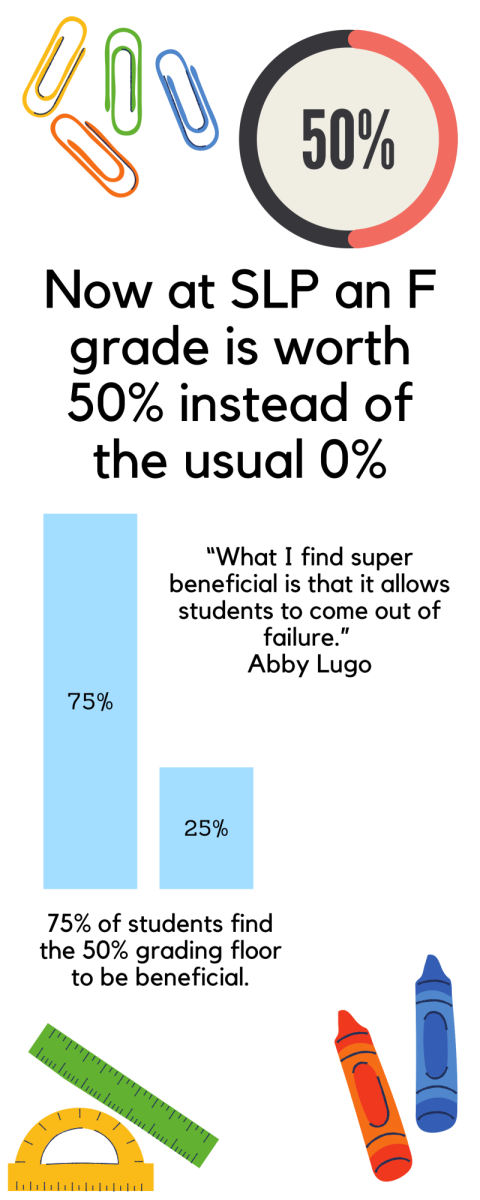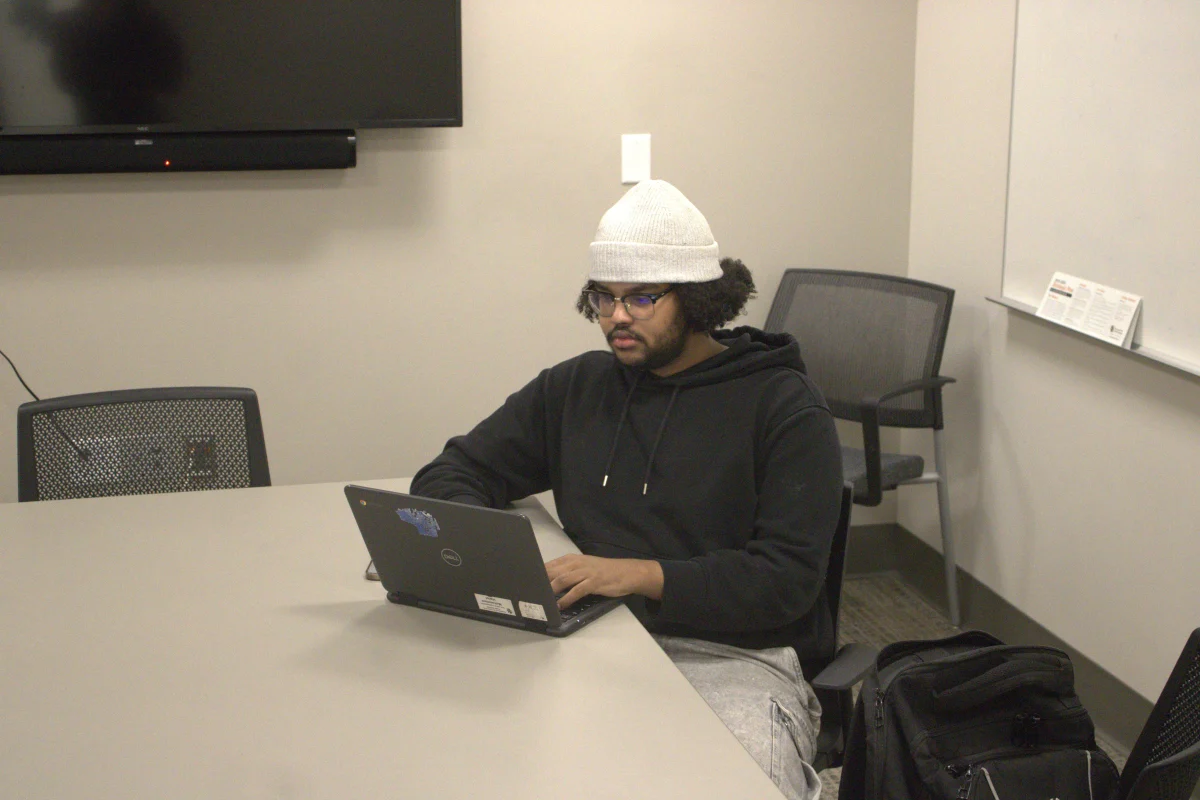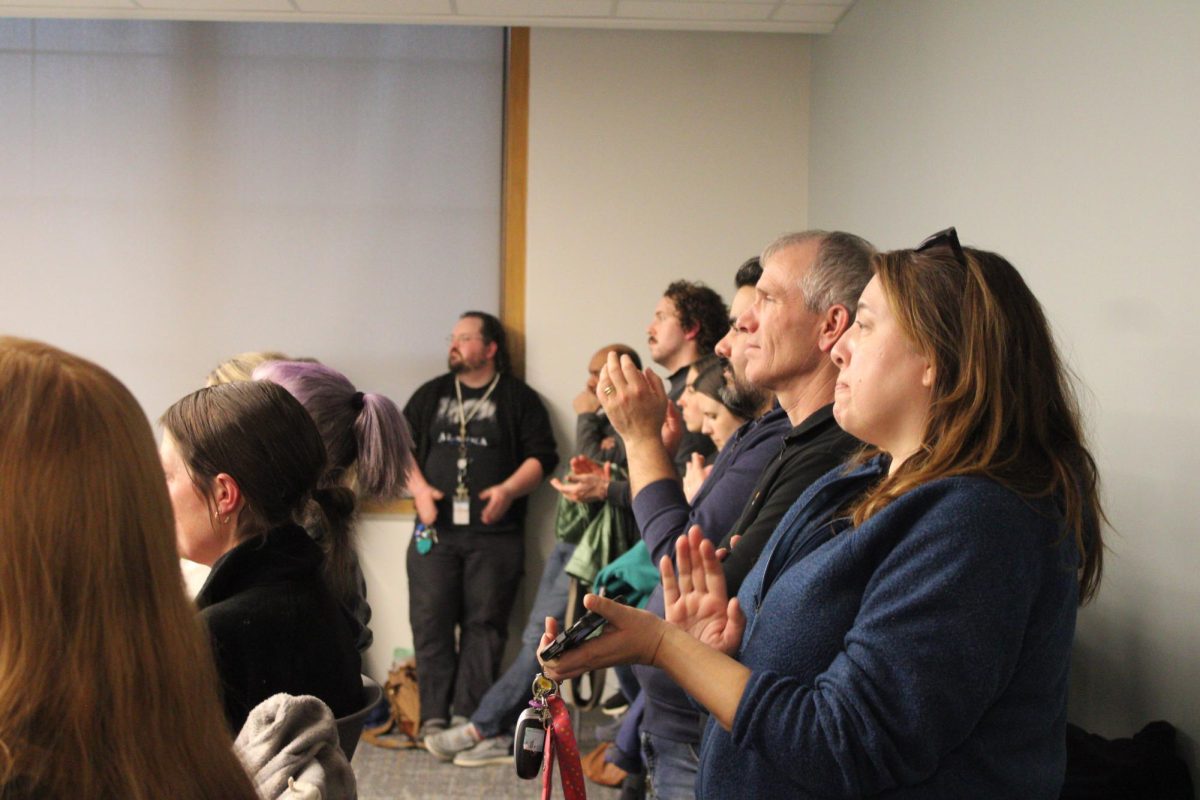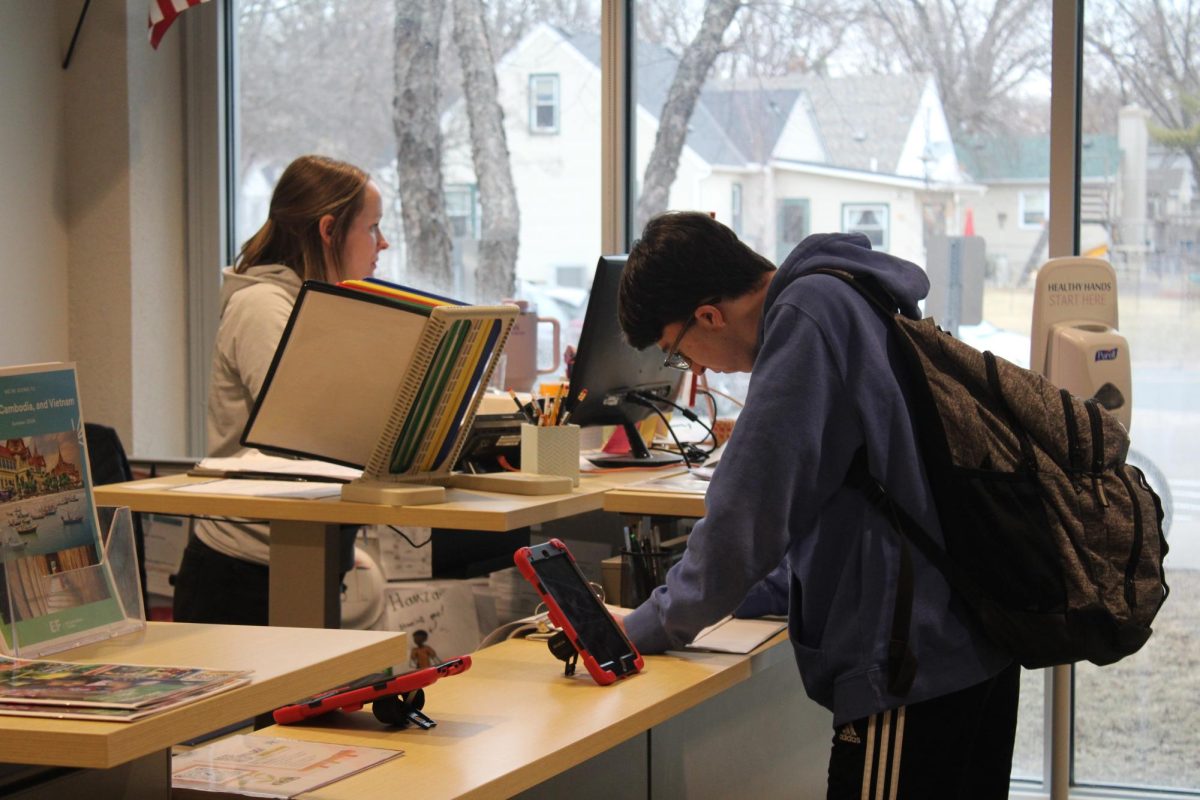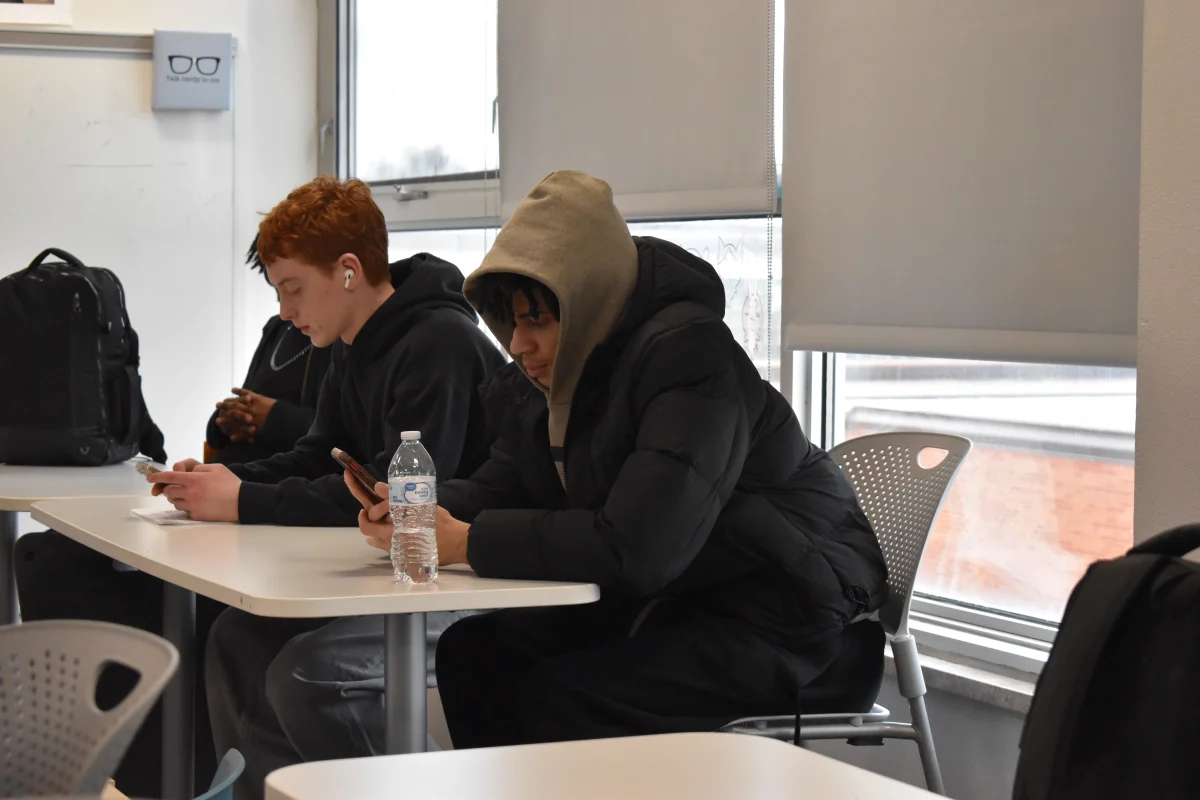As Park kicked off the new year, it introduced a new grading policy known as the 50% grading floor to the curriculum. This grading system was spearheaded by English teachers Callie Hefstad and Abigail Lugo at the beginning of the year. It aims to provide students with a minimum score of 50% on formative or summative assignments regardless of performance or completion. Prior to this if a student failed an assignment they could be given a grade as low as 0%.
Lugo said not all teachers will be participating in this new policy, as it is not required this year.
“A 50% grading floor is just saying that students cannot get lower than a 50% on either a formative or summative,” Lugo said. “Some teachers are experimenting with this, some are doing it only for formatives, we didn’t force a grading floor this year.”
However, like any change, opinions on the new grading policy are not unanimous among students. Senior Henry Salita said he didn’t agree with the policy and said it would give an advantage to kids who didn’t put in the work.
“I’m personally not a fan of the new policy,” Salita said. “I don’t understand why you get 50% if you don’t do 50% of the work.”
Junior Sy’Mora Blue said the new policy can help kids stay out of an academic hole where they will have a hard time getting their grade back up.
“It’s great because you’re not really falling into a hole of failure, you can push yourself out,” Blue said.
Lugo said Park staff took a poll on the new policy and most teachers said they would be receptive to it.
“We took a little poll, and most teachers said they are willing to try this out,” Lugo said. “It’s a welcome opportunity to change grading as we know it.”
According to principal LaNisha Paddock teacher’s took the initiative on implementing a more centralized grading system.
“It really came about and it was teacher driven. Some teachers had come to us and said that they wanted to start looking at more school-wide grading policies,” Paddock said.
Blue said there are some downsides to the new grading system, like kids being more lenient with their assignments.
“The downside to it (the policy) is people can think that they can pass while just getting 50%.” Blue said.
Although the implementation of the new grading system is currently optional for teachers, Lugo said her hopes are that students will recognize it’s potential.
“I hope that students embrace it, and realize that it’s a fair chance,” Lugo said. “We’re finally saying that us, as educators, have evaluated this system and realized that it wasn’t fair.”
Salita said, in regards to the future of the policy, only time will tell on its effectiveness.
“I feel like there are going to be upsides and downsides to it but we’ll have to wait and see,” Salita said.
As the way Park views education shifts from traditional practices to more student-centered ones, Paddock said she hopes to focus on evidence of student learning.
“The 50% grading floor really came out of the philosophy that we’re trying to move towards more standard based grading” and “how do we transition it (the current grading system) to really focus on evidence of learning.”
Many view the introduction of this new policy as a step towards reevaluating traditional grading practices at Park. As the new system takes effect in certain classes, students and teachers will see how this changes the educational landscape at Park.



